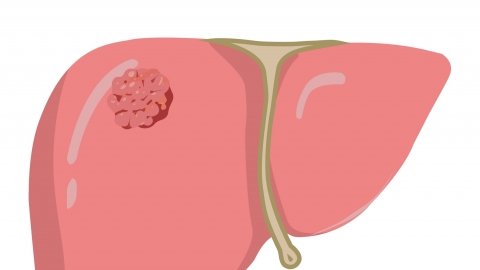Is surgery necessary for advanced liver cancer?
In general, whether surgery is necessary for advanced liver cancer depends on the specific condition of the patient. Surgery may be considered necessary if the tumor is localized and the patient's physical condition can tolerate the procedure; however, if the tumor has widely metastasized or the patient is physically weak, surgery is usually not recommended. The detailed analysis is as follows:

If in advanced liver cancer the tumor remains confined to the liver without distant metastasis, and the patient is in relatively good health with adequate heart, lung, liver, and kidney function to tolerate surgery, then surgical removal of the tumor lesion may help reduce tumor burden, relieve symptoms, and prolong survival time—making surgery potentially beneficial.
However, if the tumor has already extensively spread—for example, to the lungs or bones—or if the patient is severely weakened and suffers from underlying conditions such as severe liver cirrhosis or heart and lung failure that make them unable to withstand surgical trauma, surgery is generally not advisable. In such cases, surgery is unlikely to achieve therapeutic benefits and may instead increase physical stress and lead to complications. Conservative treatments such as targeted therapy or interventional therapies are typically preferred.
Patients with advanced liver cancer should focus on daily care, maintain regular作息 (daily routines), avoid overexertion, eat a diet rich in high-protein, easily digestible foods—such as lean meat, eggs, and vegetables—and maintain a positive mindset while actively cooperating with treatment to improve quality of life and extend survival as much as possible.





